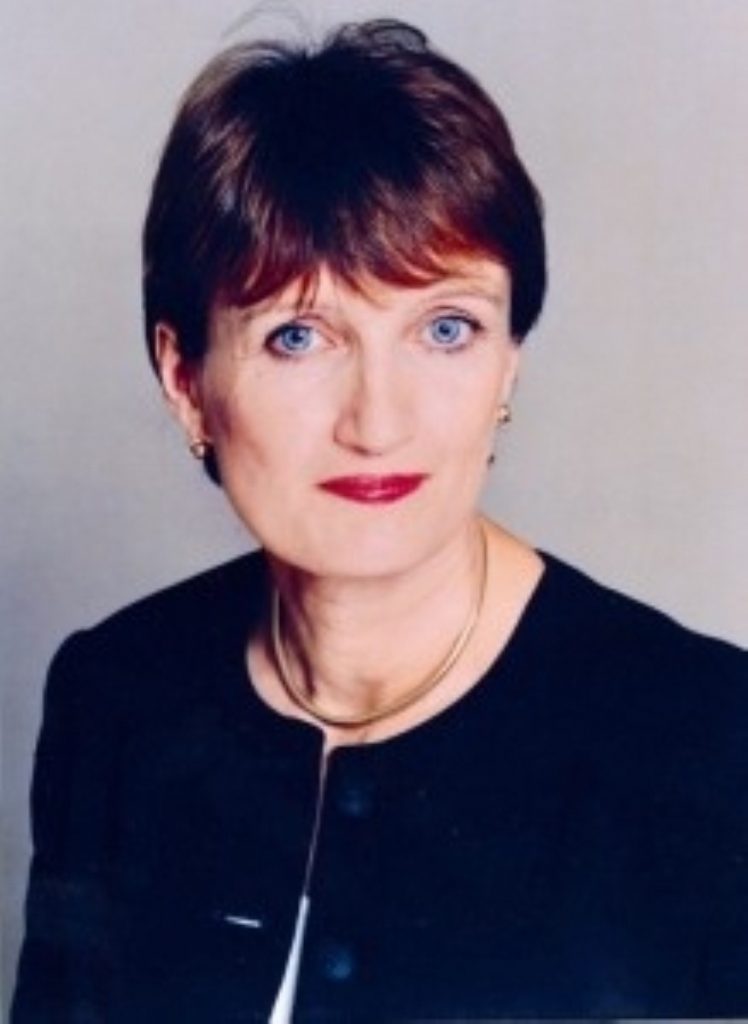Government survives gambling revolt
The Government has survived a potential backbench rebellion over controversial plans to liberalise Britain’s gambling laws.
Last night, MPs approved the second reading of the Gambling Bill by 286 votes to 212, giving the Government a reduced majority of 74.
A total of 29 Labour MPs voted defied the wishes of whips, including Frank Dobson, Frank Field, Kate Hoey and Clare Short.
Although the number of rebels was not that high, the damage to the Government’s majority came from a high level of abstentions.


During the debate, Tessa Jowell came in for fierce criticism from MPs as the Commons got its first chance to debate the controversial Gambling Bill.
The Bill, which the Government insists is primarily designed to improve regulation and protect children and other vulnerable groups, would also open the doors to so-called “super casinos”. These could offer slot machines with unlimited prices and be open 24 hours a day.
The Conservatives and the Liberal Democrats have both signalled their opposition to the Bill. Last week Shadow Culture, Media and Sport Minister, John Whittingdale confirmed that the Tories would oppose the Bill, saying that it has not been thought through and “could lead to a huge number of super-casinos in urban areas and a massive increase in the problem of gambling addiction.”
The Liberal Democrats are primarily concerned about the lack of powers granted to local authorities. Party spokesman Don Foster said last week that: “The Bill does not give local authorities absolute power to reject casinos in their area if they wish. The Liberal Democrats will fight to change this.”
The Liberal Democrats will be moving an amendment to the Bill explaining their opposition. The amendment states that the Bill: “Fails to impose adequate controls on the number and location of regional casinos and on the number and type of gambling machines contained; creates the conditions for a large number of overseas owned super casinos to the serious detriment of the existing UK gaming industry; and is likely to lead to further reduction of funds available for good causes from the National Lottery and a significant increase in problem gambling.”
In addition, a number of Labour backbenchers have expressed severe concerns about the potential proliferation of gaming, a rise in gambling addiction and the potential for organised crime to gain a hold in Britain.
Opening the Commons debate, Ms Jowell admitted to being surprised by the “level of fury” over the plans, and repeated that 90 per cent of the Bill is concerned with increasing regulation – such as removing slot machines from areas that children have access to.
She reiterated that she would be prepared to listen to “constructive suggestions” on how to amend the Bill and promised to tell MPs more about the proposed gambling commission which would regulate the industry, and the planning regime to limit the number of new casinos.












